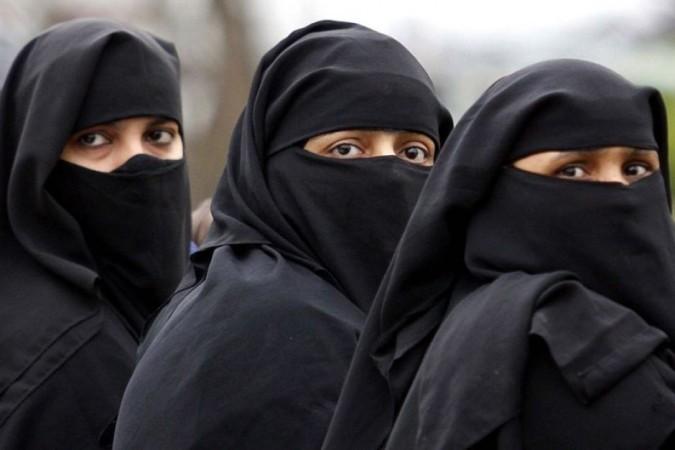Saudi Arabia on Tuesday announced that women in the kingdom will be allowed to drive vehicles for the first time next summer. The decision is historic in the ultra-conservative nation, and fulfils the demand of women's rights activists who were detained for defying the ban on driving.
The country has a bad reputation when it comes to women's rights. Saudi Arabia ranked 134 out of 145 countries for gender equality last year, according to World Economic Forum's 2015 Global Gender Gap report.
The Saudi law states that all women must have a male guardian who can give them permission to travel abroad, to study and even to marry. They cannot do any of these things without male guidance.

The kingdom was the only country in the world to bar women from driving and had garnered international criticism for detaining women who defied the ban.
The state-run Saudi Press Agency and state TV on Tuesday evening reported that King Salman has ordered both men and women to be issued driver's licenses. Although, reports state that women will not be given licenses immediately.
A committee is set to be formed to look into how to implement the new order by the King. The new decree is set to come into effect in June 2018.
Saudi's move to allow women to drive was welcomed by the international community, and represents a significant for women activists in Saudi Arabia, and paves way for their ongoing struggle to fight for equal rights in the nation.
![saudi arabia women driving ban [Representational Image] saudi arabia women driving ban](https://data1.ibtimes.co.in/en/full/598508/saudi-arabia-women-driving-ban.jpg?w=674&h=449&l=50&t=40)
According to a Human Rights Watch report on male guardianship, woman's life is controlled by a man from birth until death in Saudi Arabia. Women have fought long and hard in the country for their rights and there have been limited reforms to the outdated laws over the years to reduce the male control over women.
The reforms from 2009 to 2013 allowed women to work without seeking any male's permission and made domestic abuse an offence.

King Salman and his son Crown Prince Mohammed bin Salman, earlier this week, also allowed women into the nation's main stadium in the capital, Riyadh, for national day celebrations. Women were barred from entering the stadium before this as it was previously reserved for all-male crowds to watch sporting events.
Women's rights activists in the kingdom have pushed for their right to drive since the 1990s, stating that it represents their larger struggle for equal rights under the law.
However, some ultra-conservative clerics in the kingdom had warned against allowing women to drive, citing that it would corrupt the society and lead to sin.









!['Had denied Housefull franchise as they wanted me to wear a bikini': Tia Bajpai on turning down bold scripts [Exclusive]](https://data1.ibtimes.co.in/en/full/806605/had-denied-housefull-franchise-they-wanted-me-wear-bikini-tia-bajpai-turning-down-bold.png?w=220&h=138)



